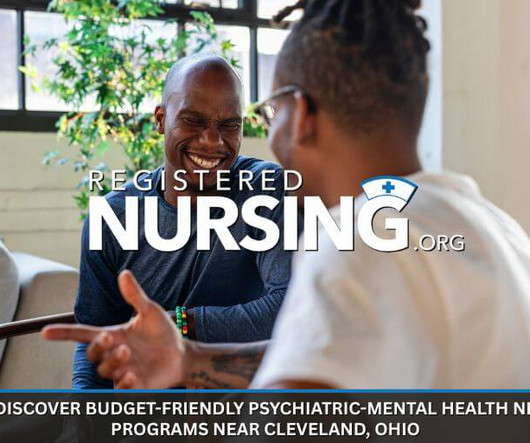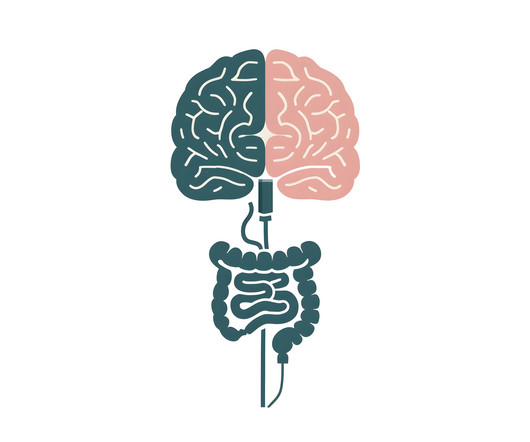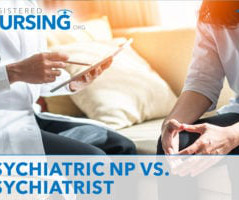Nurse Practitioner vs. Doctor: Key Differences Explained
University of St. Augustine for Health Sciences
NOVEMBER 5, 2024
A nurse practitioner is a licensed clinician who is focused on providing evidence-based, empathic care to patients. Not only does this type of advanced practice nurse treat acute and chronic conditions—they also focus on preventive and holistic care. What Do Nurse Practitioners Do?












Let's personalize your content